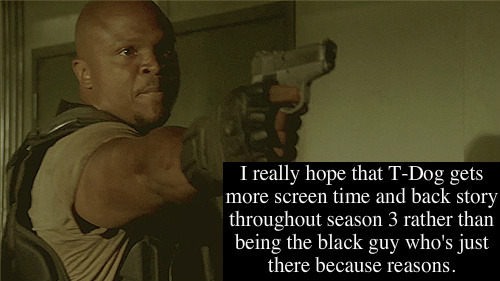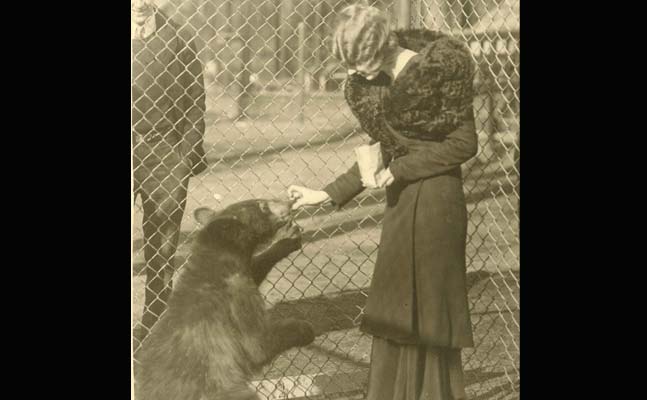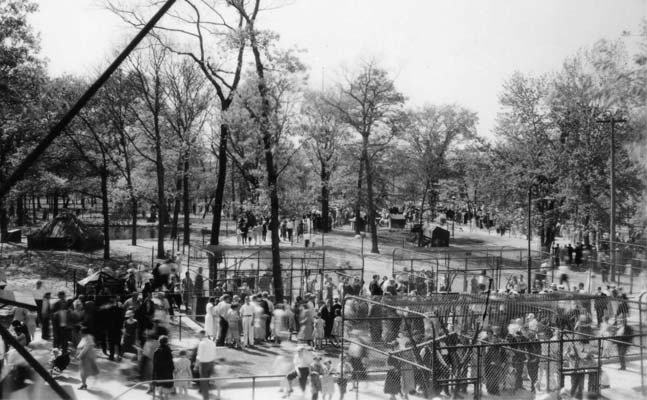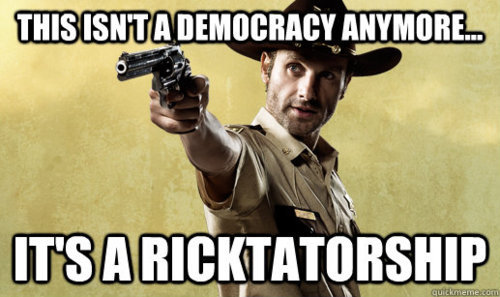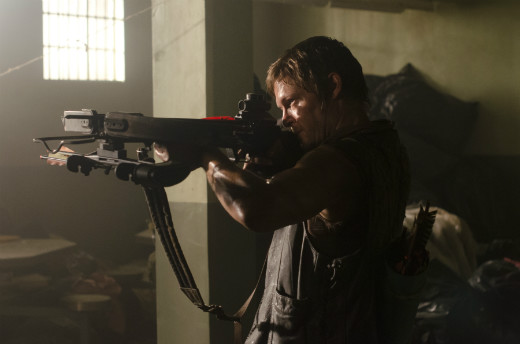Somewhere on the shelf where I store all the family photo albums, the high school year books, a stuffing of letters and other ephemera, is a copy of the New Yorker published on September 24, 2001. I find it whenever I’m digging around looking for some artifact of my family’s life, and never know what to do with it but slip it back into the jumble. I can’t throw it out.
It came in the mail nearly two weeks late, the entire publishing machine run to an absolute standstill as we wept in our living rooms in front of a 24 hours news cycle that broke to gossip and conjecture, half watched while we called and called and called, hoping this time I would get through to my sister who I last heard right after the first plane on the lower east side and before the second. Marco. Polo. I wrote emails on emails to this person and that, forwarded messages, called moms. Pete was supposed to be in the station just below the towers that day, but due to a series of choices and accidents, was 15 minutes late. My sister walked out on the Brooklyn Bridge as the ash fell. Some of her Jewish co-workers, upon seeing the buildings fall, fell to the floor screaming. It’s happening again. Oh no no no.
[the famous cover of the first post-9/11 New Yorker, which was black on black with an image of the towers. The black of the towers was different from the the black of the background only by a shiny film]
Art Spiegelman created this image. He’s been affecting my long slow digestion of that event from before I even knew he was. The first of the periodicals coming in was the beginning of the return to normalcy – that most American of coinage, put forth first by the President Warren G. Harding, an embarrassing failure who had the good sense to die in office. I was hungry in those days for something with editing, something not just reiteration and conjecture, and that first New Yorker was a sign we might be able to start doing something other than crying and freaking out. And speaking of tears, the periodical I was really waiting for was The Onion, which, as you may already know, is a satirical humor site. What could possibly be funny in all of this? After a quick google so I could write this review, I scrolled through the edition I read first and only two weeks after 9/11. Irony wasn’t dead, but it was crying its eyes out.
[How have we spent the last two weeks?
1. Crying
2. Staring at hands.
3. Feeling guilty about renting video.
4. Calling loved one.
5. Thinking about donating blood.
6. Watching TV for nine hours, finally getting up, going to the corner store for Cheez Doodles, eating Cheez Doodles, realizing Cheez Doodles aren’t helping, throwing Cheez Doodles away.]
In the Shadow of No Towers was written in the weeks and months after 9/11, not so much a critical examination as a reaction in the wobbling search for meaning in the first normalcy after that event. Spiegelman is best known for his graphic novel Maus
was written in the weeks and months after 9/11, not so much a critical examination as a reaction in the wobbling search for meaning in the first normalcy after that event. Spiegelman is best known for his graphic novel Maus , which, if you’ve only read one graphic novel, this is probably the one. I read it at 15 or 16, probably because it was assigned in class, but maybe because it was ambient at the time. Maus
, which, if you’ve only read one graphic novel, this is probably the one. I read it at 15 or 16, probably because it was assigned in class, but maybe because it was ambient at the time. Maus tells the story of the Holocaust in the medium of the paneled comic, but what I remember most is the the ways Spiegelman wrote himself into the narrative, worried about his father and mother, Holocaust survivors, their stories and feelings, the audacity of telling a story as serious as the Holocaust in a format called comics.
tells the story of the Holocaust in the medium of the paneled comic, but what I remember most is the the ways Spiegelman wrote himself into the narrative, worried about his father and mother, Holocaust survivors, their stories and feelings, the audacity of telling a story as serious as the Holocaust in a format called comics.
I’ve lost much of the story in the intervening decades – godamn it, decades – but I know it’s brilliant, using both the latent didacticism and implicit spectacle of the comics medium to both instruct and – and I am aware how loaded this word is – entertain. Little Artie drawing himself as a mouse, at the knee of his father who then speech balloons a narrative so awful that it makes irony cry. The political cartoon is a longstanding form – hundreds of years – but it was mostly a single panel – a caricature, a punchline – not a moving vaudeville of the brutal slap-stick of how the political intersects with the personal. To make the political cartoon move, that’s a stroke of genius.
I mention Maus because it’s probably not possible to come at In the Shadow of No Towers without knowing who Art Spiegelman is and what he has written. This is Art Spiegelman’s story of 9/11, raw and only barely filtered. He deliberately echoes Maus
without knowing who Art Spiegelman is and what he has written. This is Art Spiegelman’s story of 9/11, raw and only barely filtered. He deliberately echoes Maus at points, his cartoons of himself morphing into the mouse-self of his story of the Holocaust. That Spiegelman is a Jew, and the child of Holocaust survivors himself is a vital part of how he reacts to this event. My father always said the smell of the smoke in the camps was indescribable. Now I understand what he meant. That he is a New Yorker is another; the revelation that he is not a rootless cosmopolitan, like he always fancied himself to be. He’d learned to keep his bags packed from his parents, but in the event, he realized he had more invested than he thought in that most cityest of cities. I understand now why some Jews did not leave leave Berlin, even after Kristallnacht.
at points, his cartoons of himself morphing into the mouse-self of his story of the Holocaust. That Spiegelman is a Jew, and the child of Holocaust survivors himself is a vital part of how he reacts to this event. My father always said the smell of the smoke in the camps was indescribable. Now I understand what he meant. That he is a New Yorker is another; the revelation that he is not a rootless cosmopolitan, like he always fancied himself to be. He’d learned to keep his bags packed from his parents, but in the event, he realized he had more invested than he thought in that most cityest of cities. I understand now why some Jews did not leave leave Berlin, even after Kristallnacht.
I read it today on the couch while my daughter played Barbies and bugged me. “That book is for kids,” she said, gesturing to the over-large board book format.
“No,” I said. “It really isn’t.”
“If it has pictures, it’s for kids,” she retorted, decisively. Five is a very certain age.
The sparse panels of this sparse book were intended to be a weekly output, but the ways of trauma and its aftermath would not run on a timetable. Weeks would pass, and Spielgelman would smoke a thousand cigarettes and watch a thousand hours of the news cycle and the images and their attendant words would be unwritten. Nothing runs linearly in this book, it’s just or essentially a series of narrative snapshots, the kind that are absolutely and completely impossible years after the event. There’s a moment somewhere where he talks about reading Philip K. Dick in the aftermath, and I totally felt what he was about, the feeling I had of alternate history at the time. This cannot be so. When Spiegelman would write himself as the mouse character from Maus, this doubly, triply third person, even while the I is all over this book, I don’t even have a verb to contain this clause.
This book ends more in gesture than in conclusion, a final essay on the comic form as developed in the days when Hearst and Pulitzer went after each other in the Sunday Special. It made sense to me how this ended in backward-looking cataloging of the form, made so uneasy by all these events we humans keep enacting on one another. I’ve been waffling on how to assign a star rating – certainly, this isn’t perfect by any stretch, but as an imperfect reflection of a time that has been digested down to a sleek narrative that we’re not going to talk about – it’s perfect. It’s perfect because it’s so decidedly personal, the kind of personal that gets where it is coming from, and has no idea where it’s going.

The other shoe has yet to drop.
is not particularly weighty – really more a series of punchlines and moments than a narrative – but got a gentle, almost wistful sensibility in with all the sight gags. Darth Vader, it turns out, has the same kind of distracted, lightly exasperated style of parenting that a lot of us Xers have fallen into. Because it also turns out that kids don’t get irony for a very long time – or ever, if some of the comments I see on reviews are an indication – and sometimes irony is the only defense against potty training.


